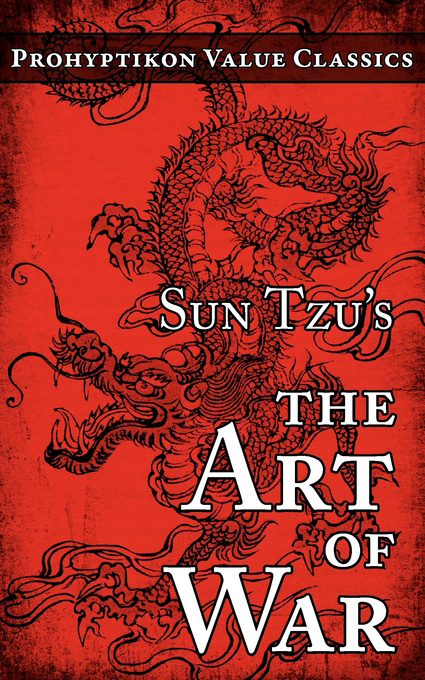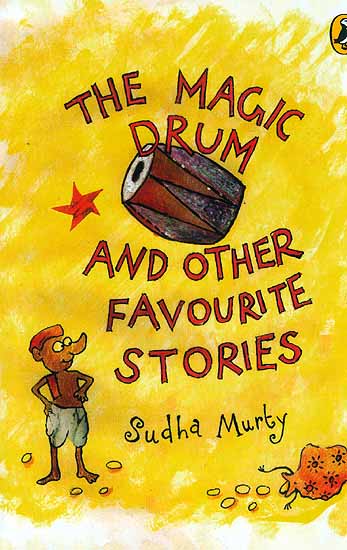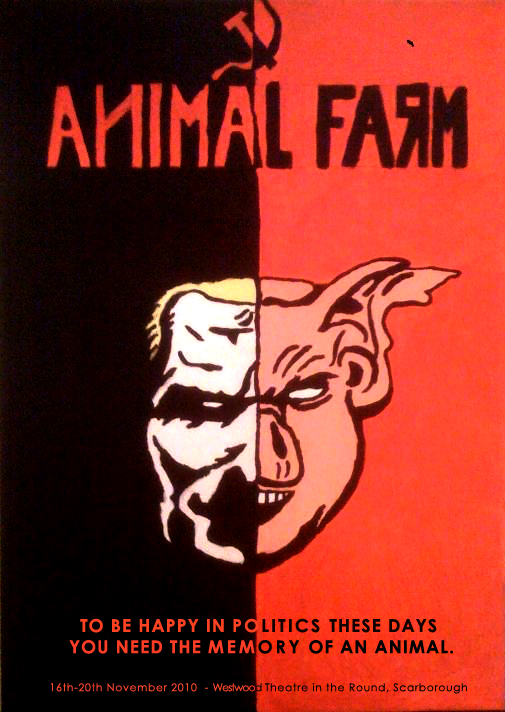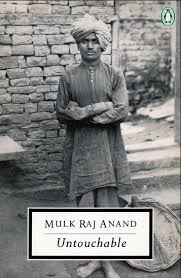These days I have been struggling to find topics to write on, but this great itch in my hand urges me to write, still. So, to scratch the itch, i.e. look for a topic to write on, I asked my friends about what is this one thing that they believe I should be writing on. Pat came the reply that I should be writing on books; since I sit with my nose buried in one or the other for most of my free time, why not regale my readers with my quirky and therefore personal observations about a few books that I have read. I liked the idea and therefore decided that I will give you a point-wise description of a few of my favorite books and what do I like about them and why you MUST read them (Well, B-school teaches you to write in a point-wise manner very well J ). I have also tried to bring out their relevance in a management context.
1. Art of War - “Strategy without tactics is the slowest route to victory. Tactics without strategy is the noise before defeat.”
This book is required reading on strategy. I can vouch for the fact that I have never read a more coldly impersonal book than this and I highly doubt that I will ever do. Most of us even when deep into rivalry still have some sensitivity to the fact that the person that we are acting against is actually human and thus we retain at least some part of our humane side to our actions and thoughts. But this book, this one masterpiece, makes you see your opponent like an object to be annihilated by using all tricks in the bag. The book is so objectively written that it makes you perceive your opponent as nothing but a shooting target and for once, deep into this book, one might be at the risk of forgetting the very humanity that defines us. It is a must read for, I guess, all of us since we live in competitive times and reading this book with the right perspective will remind us that we need not forget our humanity to do so; unless Sun Tzu’s spirit has landed in us!
Sudha Murthy’s story collections
This book emphasizes the emotional aspect - required reading because any great leader needs to have a high Emotional Quotient. There may have been people like Steve Jobs, who may have been described as insensitive and still utterly successful, but the point is that Steve Jobs understood emotions really well, and was a brilliant manipulator of people's emotions. Although these stories aren’t exactly counted as super sophisticated literature, yet they resonate with me; Not because they use the oh-so-classic Shakespearean English that no one understands but because they use day-to-day language that common folks can relate to but still deliver such depth, emotion and insight that I have seldom been able to derive from simple words. The stories tell you about life, not as it should be but as it is, about people not as they pose but what makes them what they actually are and about the importance of observation-they tell us that if you keep your senses awake, you can also find great stories in everyday events just like Ms. Murthy does.
Animal Farm- "All animals are equal but some animals are more equal than others"
I have always found this book to be an extremely apt commentary on human nature; how one naturally craves for freedom and self-rule and how this desire slowly morphs into the dormant tendency of all humans to amass as much power as they may be able to, by subjugating fellow humans who may or may not be lesser than them in some aspect. I believe it is a must read for most people today since most of us today aspire to become ‘somebody’, it is important that we know that absolute power will make ‘some animals more equal than the others’ and will therefore corrupt absolutely. This book gives me a perspective on power equations in a very simple way and hence is on the list of my favorites.
Untouchable
This book gives you a personal perspective on inequality - one of the biggest problems facing politicians, economists and business leaders of today. This book by Mulk Raj Anand was the first and the last time that I saw the practice of untouchability, not from the perspective of a social science book but from that of a person subjected to this practice-how this person struggles to be even recognized as one. The book is crisp and to the point, it does not run into paragraphs after paragraphs of contemplation on the practice, rather states facts and situations so that the reader is free to draw his/her own inferences. It is this very simplicity and understated impact of this book that brings it to my favorites list.
I could write a little more, say another 50,000 words, on books that I like but I guess this much is enough for now. Books, I believe, are the windows to human soul. It is the collective observation and emotion of generations and varieties of writers that one finds in books and it is precisely this vastness that makes them not just a reading experience but actually an immersion in a different time, place and a different thought process altogether. It is the amalgamation of one’s own thought process and the one engendered in the book, which makes reading food for thought and occupation for mind.
Read this article by Debalina Haldar arguing for literary classics to be used in the MBA classroom




